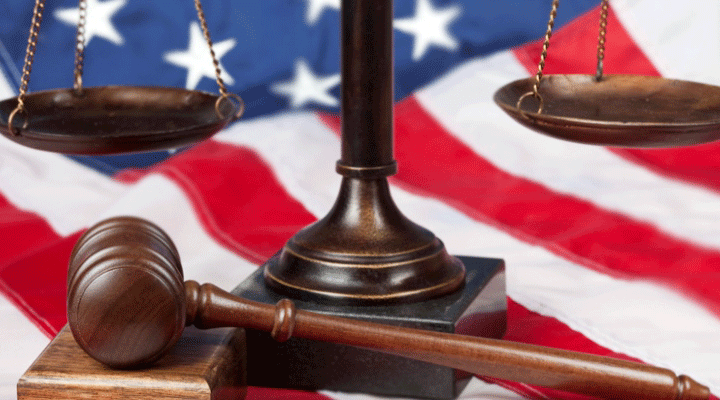The process for obtaining a security clearance is rife with farming analogies – whether it’s a cart before the horse situation or which came first – the chicken or the egg – when an individual applies for a job requiring for a security clearance, it can appear that it’s the company hiring them who is responsible for the clearance – but that’s not exactly the case.
True or False: If a Company Places You Into a Cleared Job, You Must Be Eligible for a Clearance
In a 2021 Defense Office of Hearings and Appeals (DOHA) case, the applicant called DOHA to task for a clearance denial and contended against DOHA’s jurisdiction to deny the security clearance. The applicant argued that a clearance had previously been granted by DoD, and he also advocated against the action taken by his employer based on the security clearance denial.
There were a lot of moving parts at play here, but at the heart is a misunderstanding of who holds the keys to the security clearance kingdom – and the answer is always, the government. An employer may hire an individual, and be willing to sponsor the individual – but it’s actually (and always) the government sponsoring the security clearance.
The DOHA appeal doesn’t clarify what the applicant meant by ‘having’ a clearance and then not having one – the case clearly states this was the first security clearance application for the applicant. Based on that information, and his attempt to argue that DOHA didn’t have authority to revoke the clearance, it appears the applicant was granted an interim security clearance, placed into a cleared job where he grew quite comfy, and then unceremoniously fired after his statement of reasons was issued.
The DOHA judge clarified that DOHA is not responsible for an individual employer’s hiring or firing decisions. If the applicant had issues with the reason for being fired, he could address those with the employer. The reality is in most cleared jobs, ability to obtain a security clearance is generally a requirement of employment. If the applicant was denied his clearance, he could be denied the ability to obtain a job. Separately (and sometimes confusingly), there are times when an individual is sponsored for a security clearance by an employer and then laid off from a position due to contract changes or other issues. At times, the clearance is suspended – typically creating a loss of jurisdiction status which presents issues of its own. At other times (depending upon how far along the case is), the clearance is continued through adjudication. That’s good news for most applicants, because if the clearance decision is favorable the individual is able to jump into another cleared job.
In instances like the applicant’s, however, it’s unclear whether the employment and clearance decisions were related. But as far as DOHA is concerned – they only care about the clearance. They have no sway in any related employment decisions.
False: You May Begin Cleared Work and Then Be Denied After Adjudication
Even if an applicant obtains an interim, it doesn’t mean their final clearance is favorable. While the vast, vast majority of clearances are granted, there are instances where issues that don’t come up during an interim clearance result in clearance denial. It’s also quite true that while employment and security clearances are inexplicably linked in national security careers, it doesn’t mean the government is responsible for employment decisions. You could get the clearance, and still lose the farm (or the job).




